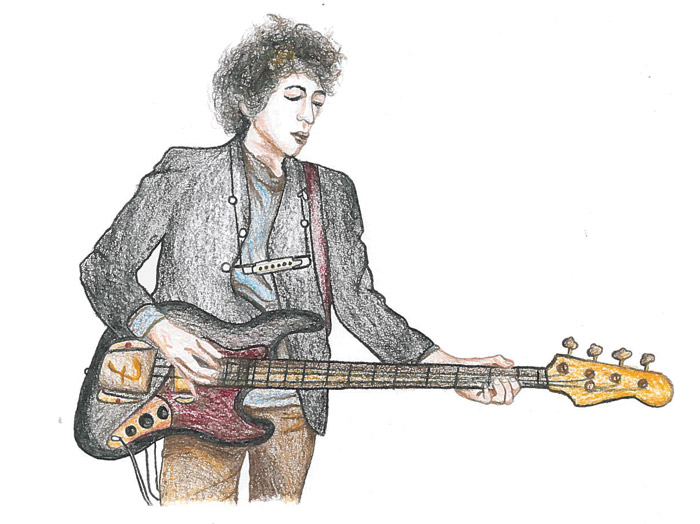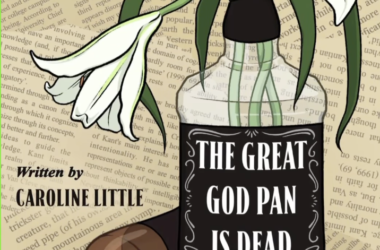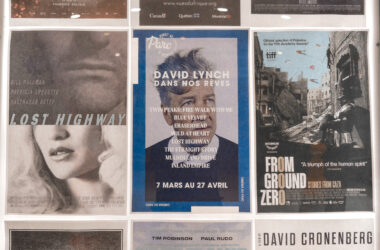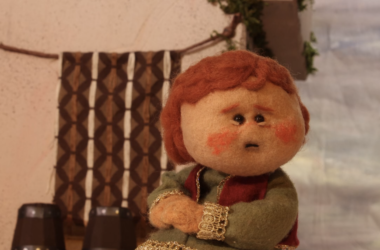By now, you probably already know that Bob Dylan’s Nobel prize win is either a triumph of lyrics as literature or the harbinger of the decline of Western civilization. Over the past few weeks, the announcement has led to an all-consuming blaze of Internet think pieces. There’s been an explosion of responses that few artists (other than Kanye), let alone septuagenarian folk icons, are capable of starting. Intrepid writers both affirm and condemn the notion of lyrics as poetry, deftly expose the Nobel committee’s bias towards white, male writers, and question why such an esteemed artist needs the award at all. In an astoundingly complex display of mental and verbal acrobatics, a Telegraph op-ed even dared to compare Dylan’s victory to the rise of Donald Trump.
The cultural legacy of Bob Dylan is undeniable. Biographies of the man (including those written by Anthony Scaduto and Howard Sounes) border on portraying him as a saint. Bob Dylan had his finger on the pulse of 1960s America. Whether skewering well-meaning elitism in “Like a Rolling Stone,” attacking entrenched racism in “Hurricane,” or simply, beautifully pointing out that “The Times They are A-Changin’”, Dylan had something insightful to say on almost every subject in the most turbulent decade of the post-war era. Lyrically, he was the best of them all. If any musician were to be considered a literary force, it’s him. Leonard Cohen put it best when he said that giving Bob Dylan the Nobel Prize was like “pinning a medal on Mount Everest for being the tallest mountain.” To say he doesn’t need the Nobel Prize is an understatement. It’s an honour but an afterthought, considering the cultural colossus that Dylan has become in past decades.
With this in mind, the controversy isn’t really whether Bob Dylan deserves the Nobel prize. In terms of cultural impact, of course he does. It’s more a dispute of the prize’s purpose. Some may question the committee’s decision to recognize a pop culture icon like Dylan, who played to thousands of adoring baby boomers for outrageous prices at last week’s Desert Trip Festival in Indio, California instead of choosing a more unheralded literary figure (as was the case with last year’s winner Alice Munro). Others may argue that the Nobel Prize should seek to recognize and advance traditional literature—a field already under siege by a plethora of new media.
Addressing these concerns involves doing more than talking about Bob Dylan or the Nobel Prize; it means talking about literature. Just as Mother Theresa and Barack Obama’s Peace Prize wins got us talking about the complexities of peace in modern, Western society, Bob Dylan’s triumph behooves us to do the same for literature. Even the staunchest Dylan fan would admit that his Nobel Prize win is controversial, but if it takes controversy to have meaningful conversations about what’s culturally important in 2016, that’s a good thing. Accepting “Bob Dylan, Nobel Laureate” for many involves a relaxing of intellectual standards or even a suspension of disbelief. Cultural awards remain as subjective as they are contentious. But, if these critics remain skeptical of Bob Dylan’s value as an author, they can find a silver lining in the bounty of valuable discussion going on in personal conversations, interviews and yes, online think-pieces. As we approach the end of a turbulent 2016, this open communication is just what we need.









